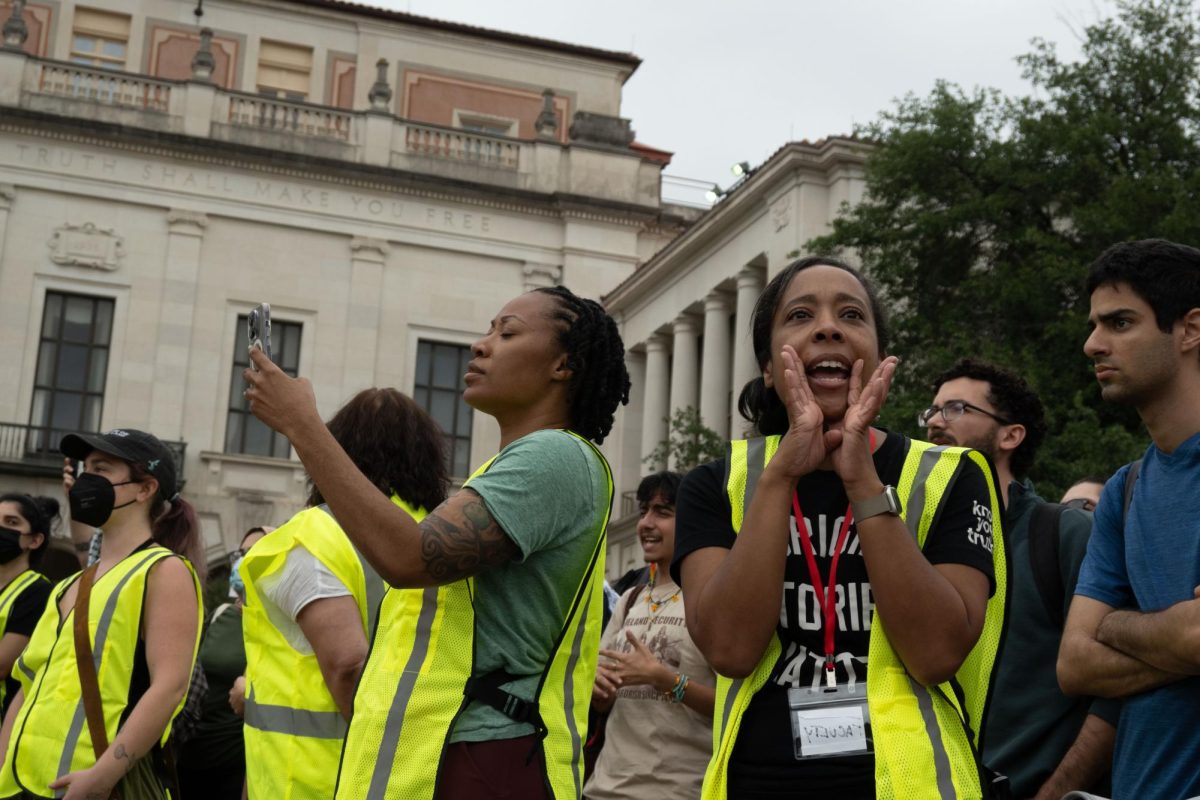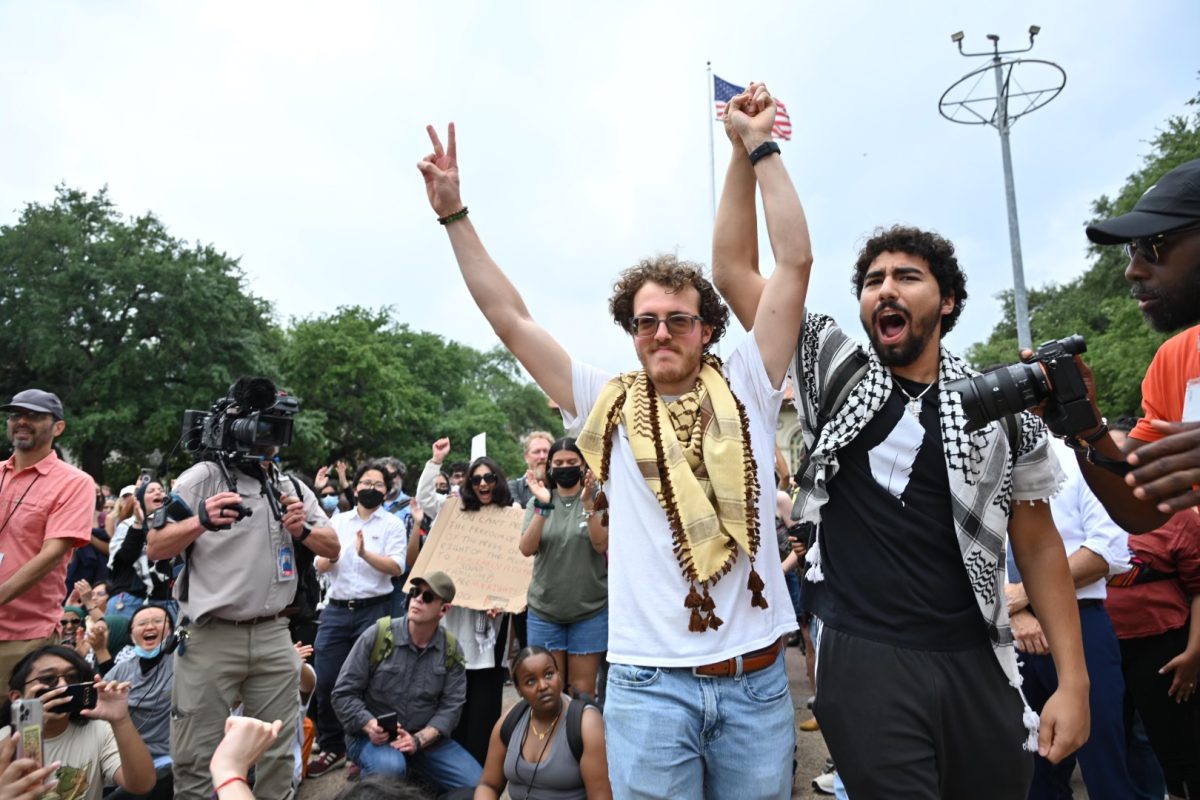KABUL, Afghanistan — Direct U.S. talks with the Taliban had evolved to a substantive negotiation before Afghan officials, nervous that the secret and independent talks would undercut President Hamid Karzai, scuttled them, Afghan and U.S. officials told The Associated Press.
Featured prominently in the talks was the whereabouts and eventual release of U.S. Army Sgt. Bowe Bergdahl of Hailey, Idaho, who was captured more than two years ago in eastern Afghanistan, according to a senior Western diplomat in the region and a childhood friend of the Taliban negotiator, Tayyab Aga.
The U.S. negotiators asked Aga what could be done to gain Bergdahl’s release. The discussion did not get into specifics but Aga discussed the release of Afghan prisoners at Guantanamo Bay, Cuba and in Afghanistan at Bagram Air Field.
Published reports about the clandestine meetings ended the talks abruptly, and sent Aga into hiding.
Collapse of the direct talks between Aga and U.S. officials probably spoiled the best chance yet at reaching Mullah Mohammed Omar, considered the linchpin to ending the Taliban fight against the U.S.-backed government in Afghanistan. The contacts were preliminary but had begun to bear fruit, Afghan and U.S. officials said.
Perhaps most importantly they offered the tantalizing prospect of a brokered agreement between the U.S. and the Taliban — one that would allow the larger reconciliation of the Taliban into Afghanistan political life to move forward. The United States has not committed to any such deal, but the Taliban wants security assurances from Washington.
The U.S. acknowledged the meetings after Karzai, who apparently fears being sidelined by U.S.-Taliban talks, confirmed published accounts about them in June, but has never publicly detailed the content, format or participants.
At the time of the leak, Washington had already offered small concessions as “confidence-building measures,” a former senior U.S. official said. They were aimed at developing a rapport and moving talks forward, said a current U.S. official on condition he not be identified because of the sensitivity of the topic.
The concessions included treating the Taliban and al-Qaida differently under international sanctions. The Taliban had argued that while al-Qaida is focused on worldwide jihad against the West, Taliban militants have focused on Afghanistan and have shown little interest in attacking targets abroad.
As the Afghan war slides into its 10th year and Washington plans to withdraw its combat forces by the end of 2014, a negotiated settlement between the Karzai government and the Taliban has become a stated goal for the United States. It is the centerpiece of efforts by Marc Grossman, the U.S. special envoy to Afghanistan and Pakistan.
Karzai has launched a separate peace outreach, with the High Peace Council representing numerous political factions.
A month ago, U.S. Senate Foreign Relations Committee Chairman Sen. John Kerry and Pakistan’s Army chief of staff Gen. Ashfaq Pervez Kayani met for a marathon eight hours in a Gulf country. Peace negotiations with Afghanistan’s insurgents featured prominently, said both Pakistani and U.S. officials who would not be identified by name because of the secret nature of the meeting.
A U.S. official familiar with the talks said Kayani made a pitch during his marathon meeting with Kerry that Pakistan take on a far larger role in Afghanistan peacemaking. The United States considers Pakistan an essential part of an eventual deal, but neither the U.S. nor Pakistan trusts the other’s motives in Afghanistan.
Meanwhile, an unexpected consequence of attempts to find peace with the Taliban has been the rearming of the so-called Northern Alliance, that represents Afghanistan’s ethnic minorities and who were partnered with the coalition at the outset of Operation Enduring Freedom to topple the Taliban regime.
For the warlords that make up the Northern Alliance, Martine van Bijlert, co-director and co-founder of the Afghan Analyst Network in the capital, Kabul, talk of peace threatens their survival.
Warlords-cum-government ministers and vice presidents are watching attempts at finding a peaceful end to the war with trepidation, each wondering “what if it unravels, who is going to come after me? Will I be the weakest in the room? They are feeling very vulnerable,” van Bijlert said.













